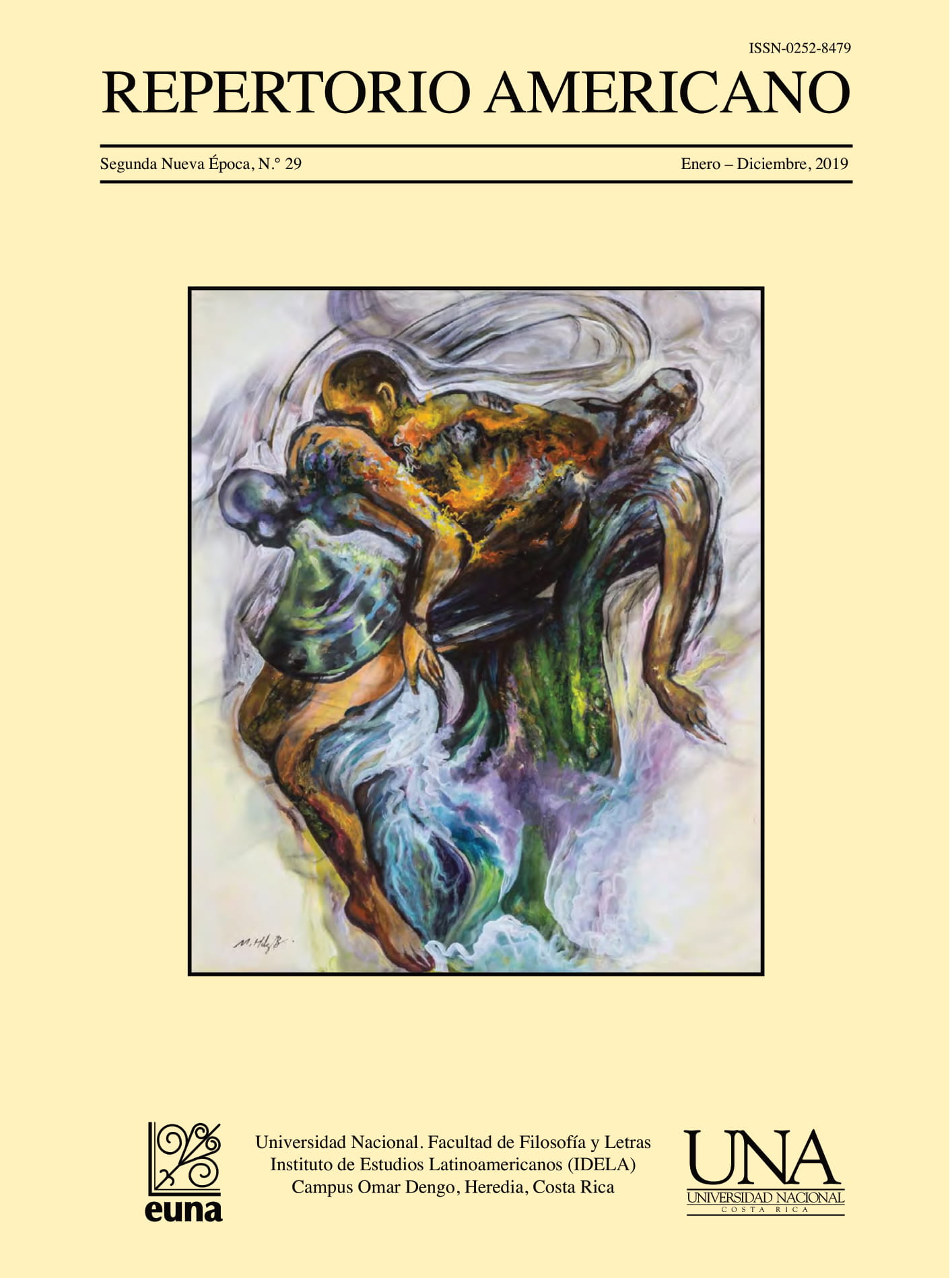The hidden traces: The Prosperity Gospel in Latin America in light of its ideological origins in the New Thought Movement
DOI:
https://doi.org/10.15359/ra.1-29.16Keywords:
Prosperity Gospel, New Thought, Neo-pentecostalism, ideology, politicsAbstract
In the last three decades, Christian groupings have managed to project and
install themselves gradually in the political structures of several Latin American
countries, managing to occupy diverse governmental instances in order
to promote their own agendas. Given this phenomenon, it is important to
critically and investigatively address the theological discourse that many of
these congregations and political parties promote, which is known as the
Prosperity Gospel. In the present article, a historical survey is carried out
to trace what its ideological origins are, one of its main sources being the
philosophical and spiritual movement of the New Thought, which emerged
in the mid-nineteenth century in the United States. In this way, a question
arises about whether the Prosperity Gospel is really theology, by discussing
and contrasting its main slogans from a theological and critical perspective.
References
Bauman, Z. (2006). Modernidad líquida.
Buenos Aires: Fondo de Cultura
Económica de Argentina.
Barrera, P. (2006). Evangélicos y política
electoral en América Latina. Un
estudio comparativo entre Brasil
y Perú. Si Somos Americanos, Revista
de Estudios Transfronterizos
(1), 63-81. Recuperado de: https://dialnet.unirioja.es/descarga/articulo/
Beck, U. (2013). El Dios personal: la
individualización de la religión y
el “espíritu” del cosmopolitismo.
Barcelona: Editorial Paidós.
Bowler, K. (2018). Blessed: A History of
the American Prosperity Gospel.
EE. UU.: Oxford University Press.
Córdova, J. (2014). Viejas y nuevas derechas
religiosas en América Latina:
los evangélicos como factor político.
Nueva Sociedad 254, 112-123. Recuperado
articles/downloads/4073_1.pdf
García-Ruiz, J., Michel, P. (2014). El Neopentecostalismo
en América Latina.
Contribución a una antropología de
la mundialización. Sociedad y Religión
(24), 43-78.
Garrard-Burnett, V. (2011). A vida abundante:
A Teologia da Prosperidade
na América Latina. Historia: Questões
& Debates 55, 177-194. Recuperado
historia/article/view/26546/17694
Haller, J. (2012). The History of New
Thought: From Mind Cure to Positive
Thinking and the Prosperity
Gospel. EE. UU.: Swedenborg
Foundation Press.
James, W. (trad. en 1987). Writings 1902-
New York: Literary Classics
of the United States, Inc.
Lynch, J. (2012). Dios en el Nuevo Mundo:
una historia religiosa de América
Latina. Barcelona: Crítica.
Mansilla, M. (2008). Pluralismo, subjetivización
y mundanización. El
impacto de la secularización en el neopentecostalismo chileno. Revista
Polis 19, 1-17. Recuperado de:
https://journals.openedition.org/
polis/3955
Mansilla, M. A. (2009). Pentecostalismo
y pobreza. Revista Cultura y Religión,
-42. Recuperado de: https://
dialnet.unirioja.es/descarga/articulo/
Moreno, C., Moreno, M. (2017). Entre la
Teología del reino y la Teología de
la Prosperidad: Aproximación al
discurso político-religioso de las
iglesias pentecostales en Caldas.
Virajes Antropología Social 19(1),
-227. Recuperado de: http://vip.
ucaldas.edu.co/virajes/downloads/
Virajes19(1)_11.pdf
Piedra, A. (2005). Origen, desarrollo y
crítica de la prosperidad. Espiga
, 1-12. Recuperado de: https://
dialnet.unirioja.es/descarga/articulo/
Schäfer, H. (2009). La generación del sentido
religioso. Observaciones acerca
de la diversidad pentecostal en
América Latina. En Chiquete, D.
(Ed). (2009). Voces del pentecostalismo
latinoamericano III: Teología,
historia, identidad, concepción.
Chile: EMW/CETELA.
Downloads
Published
How to Cite
Issue
Section
License
Las cartas de entendimiento se facilitarán a las personas autoras al momento de aceptación de su trabajo para publicarse.
Todos los contenidos son de libre acceso con sólo citar la fuente.







